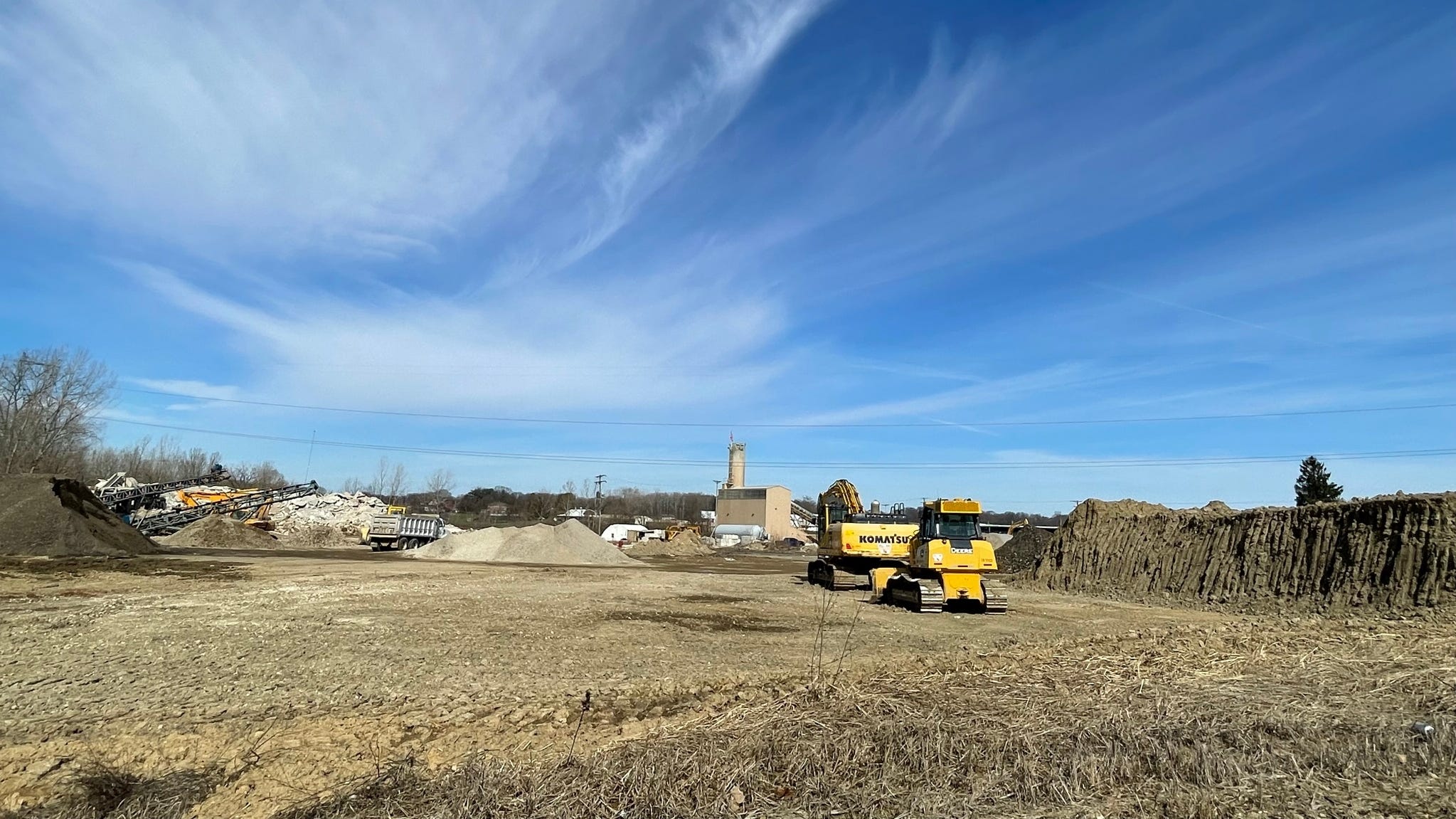Asphalt plants are a common sight along highways and roads. These plants are responsible for producing the asphalt mixture that is used in the construction of pavements, driveways, and other road surfaces. The process of making asphalt involves heating and mixing various raw materials, including aggregates, sand, and a binder. One of the most important components of asphalt is tar.

Tar is a thick, black, sticky substance that is derived from coal or petroleum. In the past, tar was often used as a binder in asphalt mixtures. However, due to environmental concerns, tar has been removed from the British Standard BS4987 since 2001. Now, asphalt production relies on other binders, such as bitumen.
To ensure that the finished product is workable and easy to apply, asphalt plants must maintain a specific temperature range. Typically, the asphalt mixture is heated to a temperature between 100 and 200 degrees Celsius. This temperature range allows for the mixture to be easily transported to the final destination and applied to the road surface.
Another important factor in asphalt production is the use of recycled materials. Many countries have specific specifications regarding the amount of recycled material that can be used in asphalt production. Studies have shown that adding up to 20% recycled asphalt produces the same quality of asphalt as using 100% virgin material. However, when the percentage of recycled material exceeds 20%, the quality of the asphalt mixture can start to decrease.
The structure of an asphalt plant typically consists of several components. These include a cold feed system, a drying and heating system, a mixing system, and a storage system. The cold feed system is responsible for delivering the raw materials, such as aggregates and sand, to the plant. The drying and heating system is used to heat the raw materials and remove any moisture. The mixing system combines the heated materials with the binder to create the asphalt mixture. Finally, the storage system stores the asphalt mixture until it is ready to be transported and applied to the road surface.
In conclusion, asphalt plants play an important role in the construction and maintenance of our roadways. With the removal of tar from asphalt production, other binders like bitumen have become essential in producing this critical material used within many modern infrastructures. By maintaining precise temperatures throughout the production process and utilizing recycled materials, we can ensure the quality and sustainability of our road surfaces. Understanding the components and operation of an asphalt plant can help us appreciate the complexity of this vital industry.